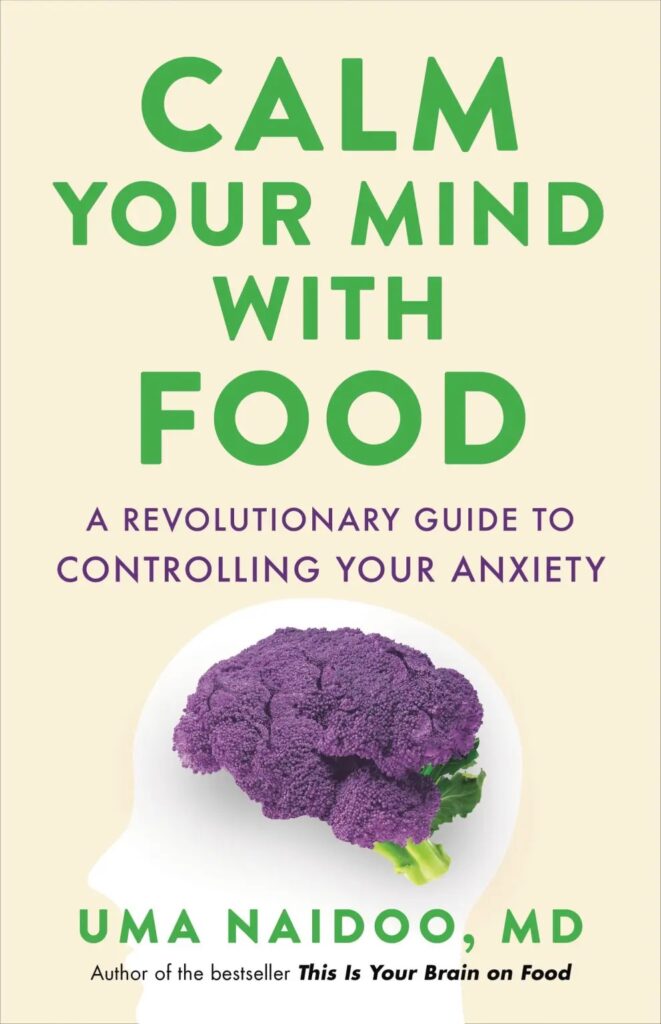What Is Anxiety?
The study of emotion is called affective science, and it’s one of the most exciting and groundbreaking psychiatric fields of study. Long-held hypotheses about what is going on in the brain as different emotions are triggered are being called into question as new theories arise. Even with our growing breadth of knowledge about mental health, we do not have a clear understanding of exactly what causes anxiety, but we do know that many factors play a role. In the biopsychosocial model of anxiety, we classify the factors as:
Biological: genetics, neurochemistry (for instance, neurotransmitter imbalances), health conditions, chronic disease, and nutritional factors.
Psychological: personality traits, anxiety sensitivity, history of trauma.
Social: loneliness, sleep quality, exercise, substance abuse.
While stress and anxiety are linked, there is a crucial difference between the two. The stress response is caused by active stimuli that your body is reacting to. Ideally, when the stressor is removed, the stress response dissipates, and your body can return to normal function. Anxiety, on the other hand, is concerned with the future, anticipating potential threats that have not yet materialized. Our brains are wired to be on constant alert for the possibility of trouble, always vigilantly looking out for our wellbeing. That’s a good thing, at least in moderation, and it forms another important part of our natural defense system, allowing us to anticipate threats and keep ourselves out of danger. But it’s easy for our brains to tip over into being unreasonable about the dangers we face, imagining threats that aren’t there, or overestimating the seriousness of the ones that are.
Regardless of the source of our anxiety, these feelings lock our brain into unnecessary patterns of stress response, hogging our mind and body’s precious resources, causing a host of cognitive and physical symptoms like poor concentration, racing thoughts, confusion, elevated heartrate, dizziness, and upset stomach. The same thought pathways and physiological responses that might help us survive in a split-second life-or-death scenario become an unnecessary weight on our brains and bodies, robbing us of healthy mental function. And since anxiety is so difficult to treat, it’s common for people to suffer from it for long periods of time—months, years, or even their whole lives. The burden from living in a constant state of stress response brought on by anxiety can cause or worsen a host of serious medical conditions, including a weakened immune system, chronic inflammation, and an increased risk of metabolic disorders like Type II diabetes.
What About Depression?
Depression and anxiety are often mentioned together, and with good reason. Depression is the second most diagnosed mental health condition, and many patients experience both, either at different times or all at once. Evidence has shown that up to 85% of depressed patients also have significant anxiety, and 90% of patients with an anxiety disorder experience depression. In my clinical experience, I can generally diagnose which of the two is causing a patient the most problems, but that doesn’t mean the other is totally absent. The lines are not always as clear as we would like them to be, due to the complexity and unpredictability of the human brain.
Often, it’s not essential to fully disambiguate depression from anxiety, because the treatments for both have a lot of overlap. For the purposes of this book, I’ve primarily focused on research into anxiety specifically, but I’ll also incorporate a few particularly interesting studies that focus on both conditions or even focus primarily on depression, with an understanding that they are so tightly intertwined.
The Promise of Nutritional Psychiatry
Being careful about the food you eat is certainly not a novel concept for health-conscious people in the 21st century. In parallel with the anxiety epidemic, the world is also suffering through an epidemic of bad health outcomes linked to poor diet. According to the World Health Organization, 650 million adults, 340 million adolescents, and 39 million children are obese. That’s more than 1 billion people! In the United States, the prevalence of obesity is over 40% and growing, with a corresponding rise in obesity-related conditions like heart disease, stroke, and metabolic conditions like Type 2 diabetes. Whether your priority is maintaining a healthy weight, managing levels of cholesterol and blood sugar, or simply trying to eat ethically and sustainably in an era of climate change and factory farms, there is an avalanche of advice and eating plans out there.
But while connections between the food you eat and conditions like diabetes and heart disease have long been clear, science is just starting to catch up with the crucial truth that your diet and metabolic health also shape your mental health. Not long ago, my triple combination of areas of study—nutrition, culinary arts, and psychiatry—might have seemed like an odd mashup of interests. But over the last decade or so, scientific research has led us to understand that these twin epidemics of mental and physical health are linked. As we’ll see in later chapters, conditions like gut dysbiosis, chronic inflammation, and metabolic diseases are often implicated in causing anxiety. The opposite is true, too—in nearly all these conditions, anxiety has been shown to cause or worsen symptoms of physical health. The field of medical research that reveals the ways in which the food you eat affects your feelings and mood is called nutritional psychiatry.
As we navigate the connections between diet and anxiety, we’ll be on the cutting-edge of research of some of the most exciting frontiers in medical science. But what I want you to remember above all is that by calming your mind with food, you are harnessing the power of one of the most fundamental parts of human life. You must eat to survive; there’s no getting around that simple fact. So I encourage you to give careful consideration to your dietary choices, building your lifestyle around healthy whole foods full of the right balance of macro and micro nutrients that will keep you thriving in both body and mind.

Excerpted from Calm Your Mind with Food: A Revolutionary Guide to Controlling Your Anxiety – December 26, 2023


